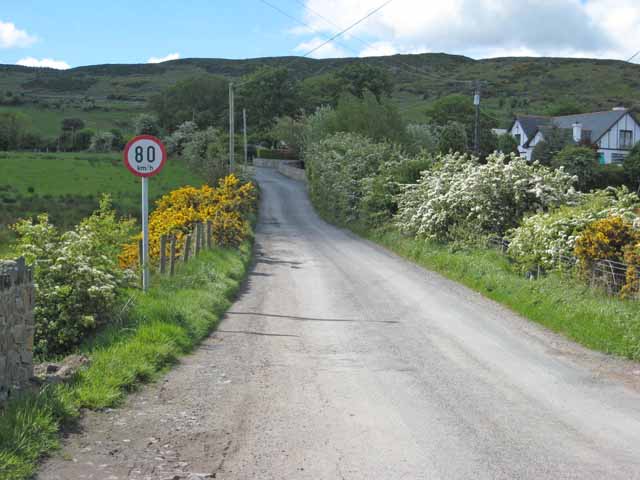English Across the Curriculum
The European Union
Brexit - The UK leaves the European Union
Brexit is a short word for British Exit. 43 years after becoming a member of the EEC Great Britain decided to leave the EU. On June 23rd 2016 a referendum took place to decide whether Britain should stay in the EU or leave the community. A slight majority of 51.9% decided that it was better for the country to leave, while 48.1% thought that remaining a part of the EU was right. A total of 30 million people (almost 72% of the population) took part in the referendum.
After Article 50 of the EU charter was triggered , the United Kingdom was set to leave the EU on March 29th 2019. However, British Parliament couldn't find a way to agree on the withdrawal treaty that the government negotiated with the EU. In April 2019, EU heads of state agreed to grant the UK an extension until October 31, 2019
In summer 2019 Theresa May resigned as Prime Minister and Boris Johnson became head of the government. But he, too, found it impossible to get a majority of votes in British Parliament to pass Brexit. After winning the general election in December 2019, Boris Johnson and his Conservative Party finally got the votes to pass the withdrawal agreement.
On January 31, 2020 the United Kingdom officially left the European Union.
Arguments for Leaving
- Britain would no longer have to pay money into the EU budget.
- Britain can become more independent and can negotiate its own trade deals
- It would also be allowed to pass its own laws without having to implement EU rules.
- Immigration can be better controlled. Especially citizens from eastern European countries would not automatically be allowed to work and live in the UK.
Arguments for Remaining in the EU
- Britain can trade freely with other EU countries.
- Open borders means free movement of goods, people, services and money.
- London could lose its status as one of Europe's most important financial hubs.
- There would be a hard border between the UK and Ireland.
- Economists warn that leaving the EU would be an economic disaster.
Hard and Soft Brexit
Hard Brexit
A hard Brexit means leaving the single market and the customs union. Britain would take over control of its borders . It could make its own laws on jobs and employment, as well as negotiate its own trade deals with countries outside the EU. A hard Brexit also means a physical border between Ireland and Northern Ireland, which remains a part of the UK. This is a state neither the British government nor the EU wants.

Border between Northern Ireland (part of the UK) and the Irish Republic
Image: Oliver Dixon / The Border on Killeen School Road / CC BY-SA 2.0
Soft Brexit
In a softer Brexit, Britain would still have some kind of access to the EU market. The country would have to make it easier for EU immigrants to work in Britain. Staying in the customs union only would allow free movement of goods but not free movement of people. In most cases Britain would have to follow EU trade rules. There would be no border between Ireland and the UK.